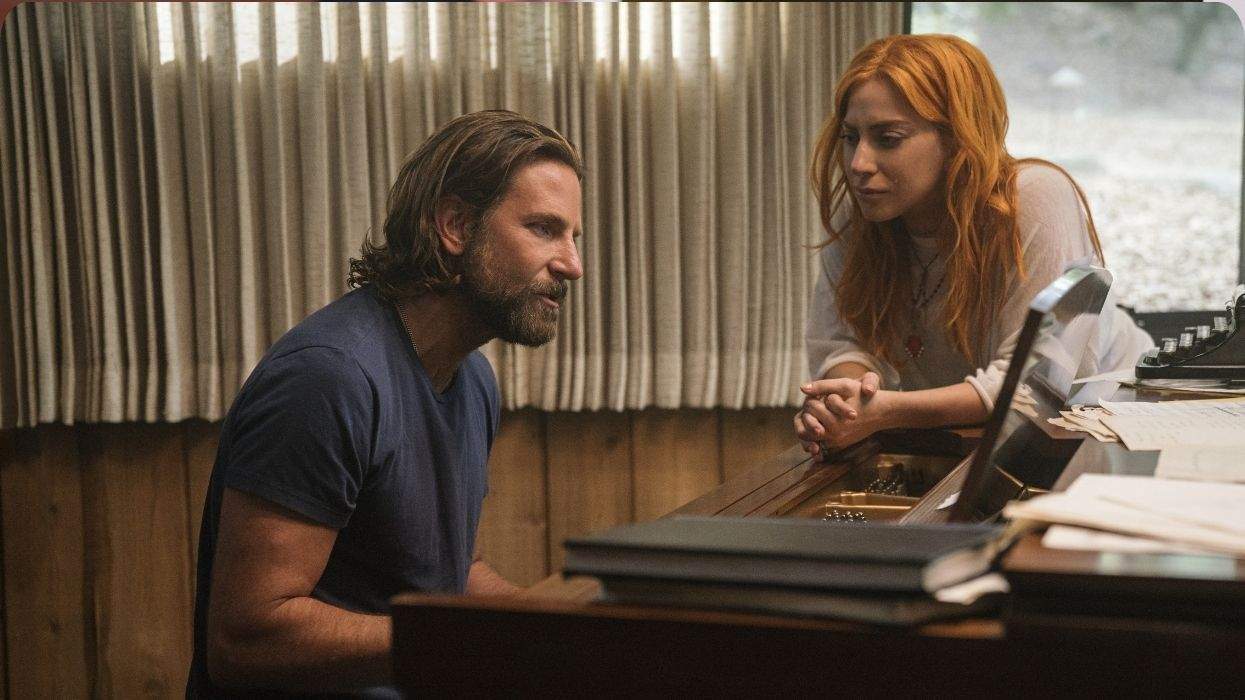Laws that bar people with felony convictions from voting have a major impact on lesbian, bisexual, queer, and transgender women of color, says a new report from the Human Rights Campaign.
All but two states have laws that place some degree of restriction on the voting rights of people who've been convicted of a felony, and discriminatory policing means that women of color and LGBTQ+ people are overrepresented in the criminal justice system, according to the report, Banned From the Ballot Box: The Impact of Felony Disenfranchisement Laws on LBTQ Women of Color, authored by Courtnay Avant, HRC legislative counsel.
Black Americans are incarcerated at a rate five times higher than that of whites and represent more than a third of the current prison population, while Latinx people account for nearly 20 percent, Avant notes. She also cites a recent study by the Williams Institute indicating that sexual minorities are more than three times more likely to be imprisoned or jailed than heterosexual people. Women identifying as LBTQ make up 5.1 percent of the general adult population, but 40 percent of incarcerated women were sexual minorities.
The reasons for racial disparities include overpolicing of minority populations and harsher sentences for people of color than for whites, according to the report. The treatment of nonviolent drug offenses provides an example, Avant writes: "The statutory penalties imposed on users and possessors of crack cocaine, who are more likely to be people of color, are disproportionately more severe than those levied upon users and possessors of cocaine in its powder form."
LBTQ women, she says, often encounter stigma for not conforming to expected feminine behavior. "LBTQ girls and young women are more likely than their straight peers to be arrested before turning eighteen, to have a juvenile or adult conviction, and to be stopped by police," she writes. Many of the arrests are for low-level offenses, such as truancy or curfew violations. Meanwhile, transgender women often face arrest for sex work, which many turn to because of discrimination in other types of employment.
The combination of racism and anti-LBTQ bias adds up to overrepresentation in the criminal justice system, then the risk of losing voting rights even after serving one's sentence. In some states, people who have served their sentences and satisfied the conditions of their probation or parole are still barred from voting if they owe fines. "With the added obstacles of finding work with a criminal history and growing legal debt, many formerly incarcerated people will never regain the right to vote," Avant writes.
Several states have recently enacted measures restoring voting rights to at least some residents who have felony convictions, including Florida, Colorado, and New Jersey (though Florida Republicans are forcing former felons to pay all their court fees before they're allowed to vote -- some call it a poll tax). But in addition to state-by-state reform, the report recommends cultural competency training for those working in the criminal justice system; transferring some money and some duties from police departments to social services; dismantling the "school-to-prison pipeline," that is, the incarceration of young people for minor school-related offenses; and "passage of federal legislation that automatically restores the right to vote in federal elections after the completion of one's sentence."
"For far too long, laws and policies have been enacted to restrict the rights of people of color to vote and include women, LGBTQ people and other marginalized communities," HRC President Alphonso David said in a press release accompanying the report. "Currently, people of color, including lesbian, bisexual, transgender and queer women, who have been convicted of felonies are forced to live under a patchwork of state laws, leaving them uncertain about their eligibility to vote and unfairly removed from the electoral process. We need systemic change at every level to break the cycle of racial and social injustice that affect all people of color. And that change most effectively comes through a pro-equality administration that advances comprehensive federal legislation that restores the right to vote after the completion of one's sentence."















Charlie Kirk DID say stoning gay people was the 'perfect law' — and these other heinous quotes
These are some of his worst comments about LGBTQ+ people made by Charlie Kirk.